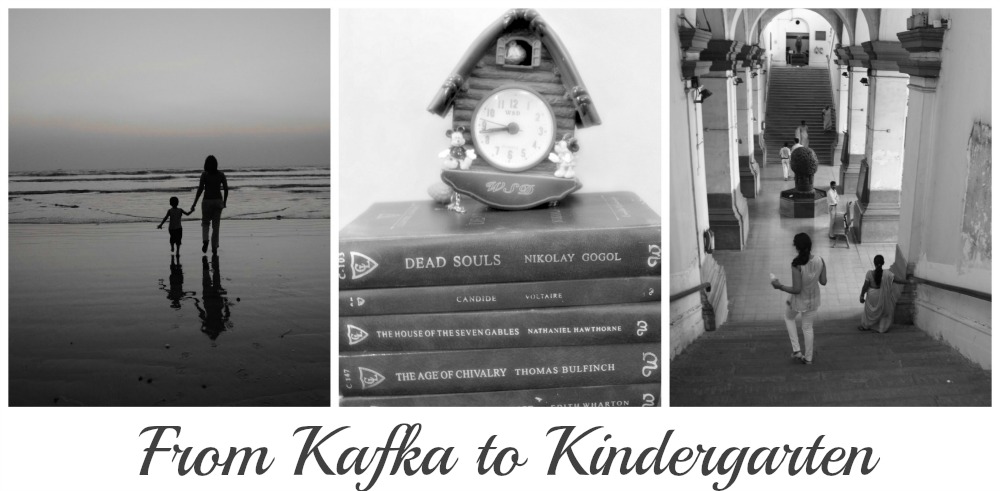I’m in the middle of reading Azar Nafisi’s landmark novel/biography
Reading Lolita in Tehran which is about an unusual book club in Iran. As the title suggests, Vladimir Nabokov’s Lolita plays a huge part of
the story and Nabokov himself seems almost like a character in the book; so
often is he mentioned, quoted and dissected. It made me very curious about his work. So, I
put aside Nafisi’s novel for a bit and went hunting for Nabokov’s short stories
online. Sadly, I could only find two, but I definitely plan to read more of him
this year.
Natasha
Natasha is a strangely hypnotic story about a young girl who
cares for her ailing father. One day her neighbor asks her out for a picnic
and she happily goes along since her father seems to be recovering. I really mustn't say anymore because there isn't such a lot in terms of a plot anyway. It may
seem predictable yet the ending really surprised me with its abruptness.
Signs and Symbols
The story begins with an elderly couple choosing a birthday
gift for their son who is being treated at a mental health facility. We learn
that their son is suffering from ‘referential mania’ which is a form of paranoia
where he feels that everything around him is concentrated on his existence
alone. His parents reach the facility, only to be told that they cannot meet
their son because he attempted suicide again and cannot be allowed to have
visitors in this fragile state. The rest of the story follows the parents back
home and stays with them through a terribly sad evening. The ending is poignant
and so skilfully written.
I cannot decide which one of the stories I liked more. Both
were so haunting and affecting, yet so simple. Nabokov has a way of making up
really simple characters, putting them in fairly commonplace situations and yet
making the whole thing quite an extraordinary experience for the reader. You
can read the stories here and here.
I can’t decide which of his novels to read first. Lolita is of
course his most iconic work, but Invitation to a Beheading sounds very
interesting too. Nabokov has also
written a big bunch of short stories. Anyone
read any of these?








